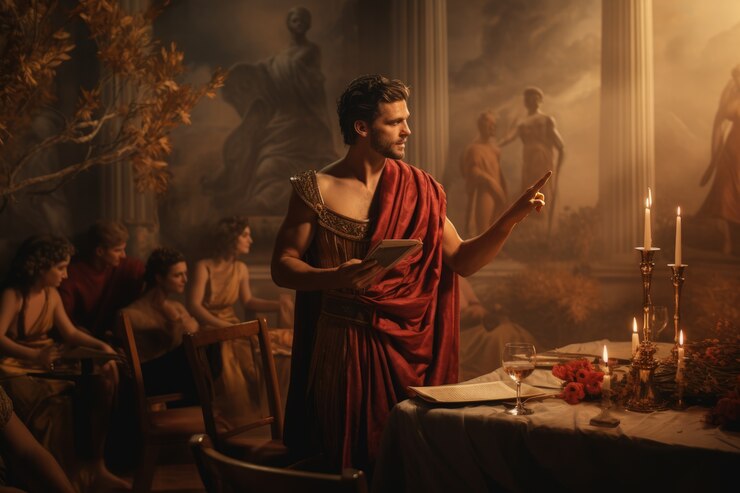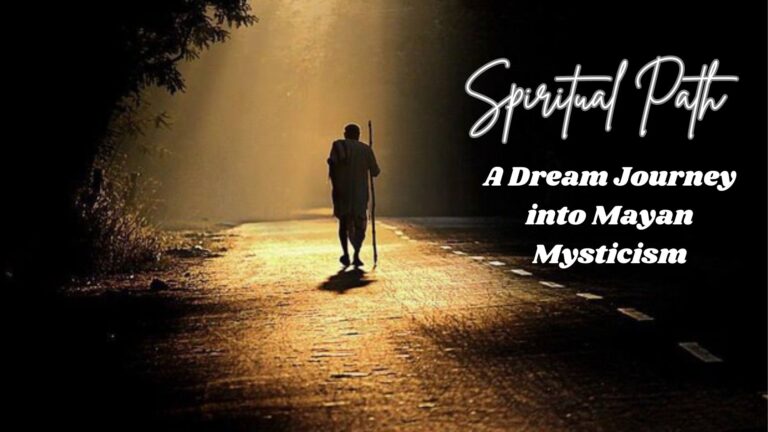Rongokurai’s Boon: A Comprehensive Exploration
Rongokurai is an emerging term gaining traction in various discussions about culture, mythology, and modern interpretation. While many may not be familiar with it yet, the essence of Rongokurai embodies a rich tapestry of significance that intertwines history, philosophy, and contemporary relevance. In this article, we delve into the nuances of Rongokurai Boon, exploring its origins, meanings, and the impact it has in today’s context.
The Origins of Rongokurai
To understand Rongokurai fully, we must first trace its roots. The term is believed to derive from ancient mythologies that discuss the interactions between gods, humans, and nature. In these stories, Rongokurai is often depicted as a guardian figure, representing the harmony between the spiritual and material worlds. The concept resonates with many cultures that emphasize balance, respect for nature, and the interconnectedness of all beings.
The rich narratives surrounding Rongokurai often highlight the character’s attributes: wisdom, strength, and benevolence. These qualities not only define Rongokurai but also serve as a model for individuals striving for personal growth and community upliftment.
The Boon of Rongokurai
The term “boon” refers to a benefit or blessing bestowed upon individuals or communities. In the context of Rongokurai, the boon represents the gifts of wisdom, guidance, and a deeper understanding of life’s mysteries. This boon manifests in various forms, influencing people’s lives in profound ways.
Wisdom and Insight
One of the most significant aspects of Rongokurai’s boon is the wisdom it offers. This wisdom encourages individuals to reflect on their actions, relationships, and the environment. Through the lens of Rongokurai, people are urged to think critically about their decisions, leading to more mindful and responsible living.
This wisdom is not confined to individual growth; it extends to community empowerment. When individuals embrace the principles of Rongokurai, they become agents of change, fostering collaboration, support, and understanding within their communities. This interconnectedness enhances social bonds and cultivates a culture of compassion and shared purpose.
Guidance in Adversity
Life is replete with challenges, and Rongokurai’s boon serves as a guiding light during difficult times. The narratives surrounding Rongokurai often depict trials that test characters’ resilience and character. In these stories, the guidance offered by Rongokurai helps individuals navigate through adversity, instilling a sense of hope and determination.
People facing challenges can draw strength from Rongokurai’s teachings. Whether it’s through the support of a community or the inner strength cultivated by understanding their circumstances, individuals can find ways to overcome obstacles, leading to personal and collective growth.
A Deeper Connection to Nature
Another significant aspect of Rongokurai’s boon is the emphasis on the relationship between humans and nature. In many cultures, nature is viewed as a source of life and wisdom. Rongokurai embodies this connection, reminding individuals of their responsibility to protect and cherish the environment.
By fostering a deeper appreciation for nature, individuals are encouraged to adopt sustainable practices, ensuring that the earth remains a thriving home for future generations. This holistic approach enhances not only personal well-being but also the health of the planet, creating a cycle of positivity that benefits all beings.
Modern Interpretations of Rongokurai
As society evolves, so too does the interpretation of Rongokurai. In contemporary discussions, the concept has found relevance in various fields, including psychology, environmentalism, and community development.
Rongokurai Boon in Psychology
In psychology, the principles of Rongokurai can be linked to personal growth and self-discovery. The wisdom and insights attributed to Rongokurai encourage individuals to engage in introspection, allowing them to understand their motivations, fears, and aspirations. This self-awareness is crucial in fostering emotional intelligence, resilience, and a balanced outlook on life.
Environmentalism and Sustainability
With the growing concern for environmental issues, Rongokurai’s emphasis on the human-nature relationship resonates strongly within the environmental movement. The teachings inspire individuals and communities to adopt sustainable practices, ensuring that nature is not only respected but actively preserved.
Community initiatives inspired by Rongokurai often focus on conservation, restoration of natural habitats, and education about sustainable practices. By mobilizing communities around these principles, the movement creates a collective force for positive change.
Community Development and Empowerment
In the realm of community development, Rongokurai serves as a guiding principle for initiatives that promote social cohesion and empowerment. The teachings encourage collaboration, inclusivity, and mutual respect among community members. This fosters an environment where individuals feel valued, heard, and empowered to contribute to the collective well-being.
Programs inspired by Rongokurai often prioritize the needs and voices of marginalized communities, ensuring that everyone has access to resources and opportunities for growth. This approach not only addresses immediate concerns but also builds a foundation for long-term resilience and empowerment.
Challenges and Critiques
While the concept of Rongokurai and its boon offers numerous benefits, it is essential to acknowledge the challenges and critiques associated with its interpretation. Some may argue that the romanticization of traditional beliefs can lead to a disconnect from the complexities of modern life.
The Risk of Simplification
One critique is that the principles of Rongokurai may be oversimplified in contemporary discussions. The nuanced nature of cultural narratives can be lost when distilled into catchy phrases or slogans. It is crucial to approach these teachings with respect for their origins and the rich tapestry of experiences they represent.
Cultural Appropriation
Another concern is the potential for cultural appropriation. As Rongokurai gains popularity, there is a risk that its essence may be diluted or misrepresented in various contexts. It is essential to ensure that discussions around Rongokurai are rooted in authenticity and respect for the cultures from which these teachings originate.
Conclusion
Rongokurai’s boon represents a multifaceted concept that encourages personal growth, resilience, and a profound connection to both nature and community. As we navigate the complexities of modern life, embracing the teachings of Rongokurai can provide valuable insights and guidance.
In a world that often feels chaotic, the wisdom and blessings associated with Rongokurai serve as a reminder of the importance of balance, compassion, and understanding. By integrating these principles into our lives, we can cultivate a brighter future for ourselves and generations to come.
FAQs
What is Rongokurai?
Rongokurai is a term that embodies the principles of wisdom, guidance, and a connection to nature, originating from various cultural mythologies. It serves as a symbol of harmony between the spiritual and material worlds.
How can Rongokurai’s boon impact personal growth?
Rongokurai’s boon encourages self-reflection, critical thinking, and emotional intelligence, fostering personal growth and resilience in individuals.
What role does Rongokurai play in environmentalism?
Rongokurai emphasizes the importance of respecting and protecting nature. Its teachings inspire sustainable practices and community initiatives focused on environmental conservation.
How can communities benefit from Rongokurai’s principles?
Communities can benefit from Rongokurai’s principles by fostering collaboration, inclusivity, and empowerment, ensuring that all voices are heard and valued.
What are the critiques associated with Rongokurai?
Critiques of Rongokurai include concerns about oversimplification of traditional beliefs and the risk of cultural appropriation in contemporary discussions. It is essential to approach these teachings with respect and authenticity.







